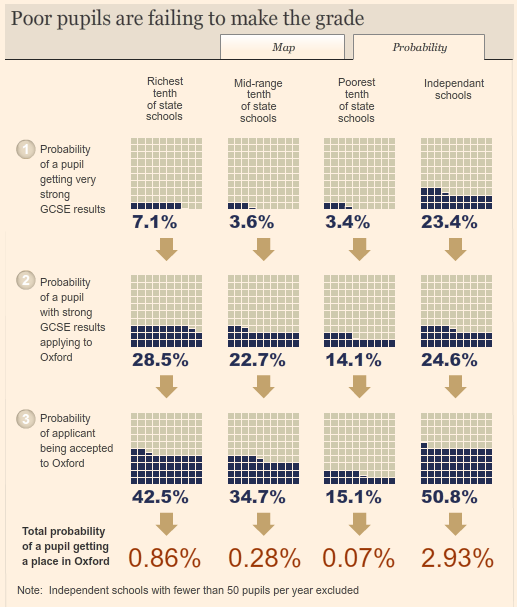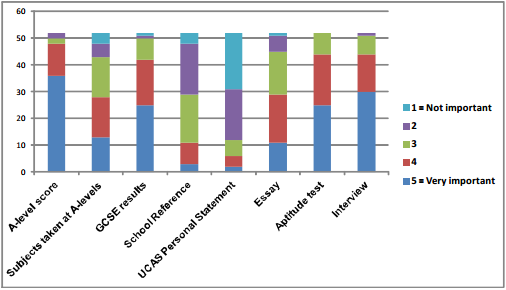I have a massive backlog of half-written draft blog posts that I'm going to try and start getting out the door, so, er, enjoy the early Christmas presents or something?!
OPM organised a workshop earlier this year in Oxford with JICA and Kobe University to discuss preparations for a session at the Tokyo Conference on International Development on Youth Employment in Africa. The absolute stand-out highlight for me was Francis Teal presenting his paper entitled “Education for Job Creation” in which he argued vehemently that spending money on education in Africa is a total waste of time if your goal is job creation.
Francis would probably hate the use of a trendy neologism, but what he is basically saying is that the binding constraint to good job creation is on the demand-side rather than the supply-side. Education in Africa might be often of poor quality, but dramatically improving the quality is unlikely to lead to jobs with improved incomes unless Africa can create better linkages to sources of demand. To do this it needs to connect better to the global economy.
Chart 2: At the individual level, although there is a positive correlation between education and earnings, the more important point is the massive variation around the average. Until you get above 20 years, an education in Africa really doesn't guarantee anything at all
OPM organised a workshop earlier this year in Oxford with JICA and Kobe University to discuss preparations for a session at the Tokyo Conference on International Development on Youth Employment in Africa. The absolute stand-out highlight for me was Francis Teal presenting his paper entitled “Education for Job Creation” in which he argued vehemently that spending money on education in Africa is a total waste of time if your goal is job creation.
I am very biased because Francis taught me how to do research, but.
Francis would probably hate the use of a trendy neologism, but what he is basically saying is that the binding constraint to good job creation is on the demand-side rather than the supply-side. Education in Africa might be often of poor quality, but dramatically improving the quality is unlikely to lead to jobs with improved incomes unless Africa can create better linkages to sources of demand. To do this it needs to connect better to the global economy.
Here are a couple of pieces of illustrative evidence.
Chart 1: There is basically no correlation between the growth rates of aggregate levels of education, and aggregate levels of income
Interesting, provocative stuff, which sits uncomfortably with economists and education policy wonks with an interest in Africa. Perhaps I need to resign myself to education for the sake of education? Something vague about culture and philosophy and the intrinsic worth of education? Is there any better evidence for the benefits of education than this?
Slides are here: http://fsmevents.com/csae/session2/slides.pdf
and video from the CSAE conference here: http://fsmevents.com/csae/session2/


